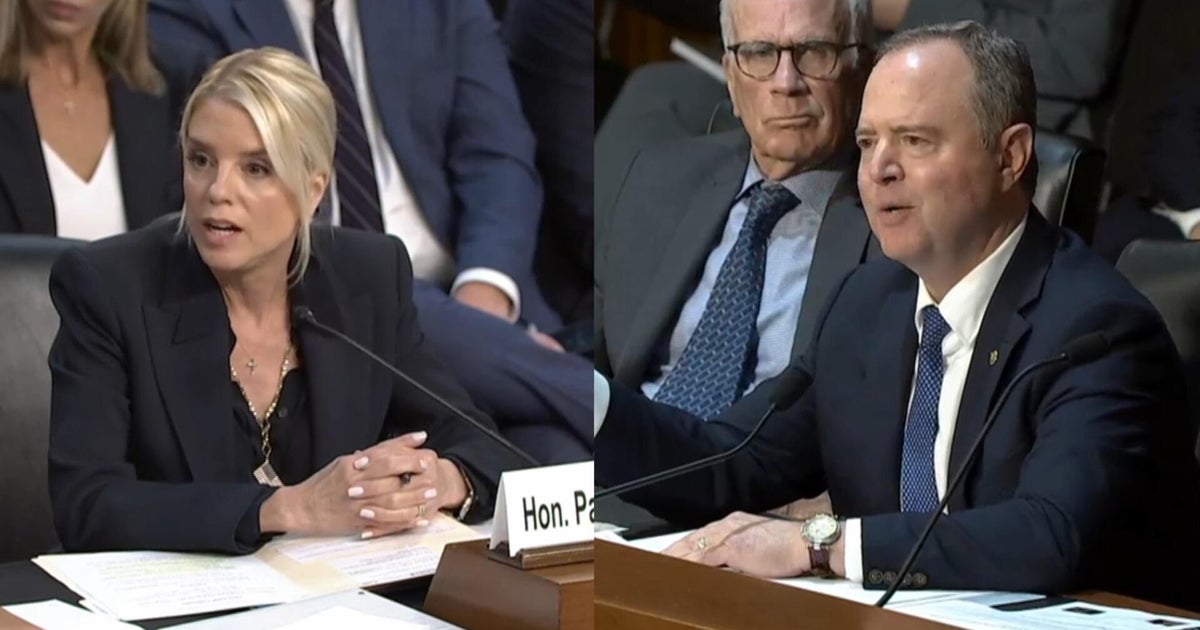By Suzie Willis
September 30, 2025 — 7.25pm
The increasing availability of do-it-yourself (DIY) will kits marketed as simple forms that anyone can complete in minutes creates a misleading impression making a will is simple. In reality, even modest estates carry significant legal and personal stakes.
Self-prepared or AI-developed wills frequently fail to meet legal standards, leading to disputes, costly delays, and outcomes that may not reflect the person’s true intentions.

AI-powered will-writing services have been around since 2018, but have become more prolific since the launch of ChatGPT.Credit: REUTERS
Such wills often create more problems than they solve. While they may appear deceptively straightforward, many omit critical provisions or fail to address essential legal requirements.
Missing provisions, unclear directions for executors, or failing to give adequate powers can all render a will ineffective and/or trigger costly disputes.
The illusion of simplicity
Estate planning is more than filling in blanks on a form. The law requires precise language and careful structuring that ordinary people often miss – and the smallest drafting error can have profound consequences.
Courts are frequently asked to interpret ambiguous homemade wills, often at significant emotional and financial cost to families. A document that was intended to provide clarity and certainty instead leaves loved ones battling over intentions.
Several contemporary Australian cases highlight the pitfalls of informal or DIY wills:
- In Re Negrean; Borbil v Borbil [2025] QSC 66, an application was made to the Supreme Court of Queensland in relation to the proper construction of a self-drafted will containing vague language, grammatical errors, and inconsistencies. A good example of how homemade documents lack the precision of language required to properly reflect a testator’s intention.
- In Sorati & Anor v Sorati [2025] QSC 14, the same court invalidated a will prepared using a kit on grounds that the testator lacked testamentary capacity. Although the will appeared valid, the court ultimately reverted to the previous will – and legal costs depleted the inheritance.
- In Peek v Wheatley [2025] NSWSC 554, the deceased’s iPhone Note titled “Last will of Colin L Peek” was deemed invalid. This was not due only to its digital format, but because the Court was not convinced it reflected definitive testamentary intent – that it was intended to be the deceased’s will as opposed to a simple “preparatory step” in the process. This illustrates the growing trend of electronic informal wills and the substantial risk of such documents failing to be accepted by the Court.
- In Selig v Selig [2024] QSC 189, documents titled “My Wishes” and a “Nomination of Beneficiaries Form,” though informally executed, were accepted as the deceased’s will. However, the Court had to undertake detailed analysis of intent and execution.
A will is one of the most personal and important documents you will ever make and sign. DIY services strip away human interaction, replacing it with cookie-cutter questions.
Loading
The rise of AI-generated wills
In 2018, the ABC reported on an AI service in the Northern Territory offering to generate wills for a modest fee, and since then, many other services offering AI-generated wills have emerged online.
While innovative, such services raise significant questions: Who checks for capacity? How is undue influence assessed? Who ensures the will complies with state-based legal requirements? The reality is that regulation has not caught up, leaving consumers exposed.
Estate planning is not one-size-fits-all. Beyond simple gifts of property, many Australians hold assets in superannuation, family trusts, private companies and businesses. Testamentary trusts and tax-effective structures can add further complexity. These matters cannot be adequately captured by an online form – or algorithm.
Legal requirements vary around Australia
Each state and territory in Australia has strict rules for how wills must be executed and witnessed. While many requirements are similar, there are important differences. As shown above, failing to comply can result in a will being declared invalid.
Technology is reshaping estate planning, but it is not without challenges. Since the COVID-19 pandemic, remote witnessing of wills via audiovisual link has been introduced in Victoria and NSW, with specific rules requiring a “special witness” and a statement of compliance. While this reflects the law adapting to modern realities, it also adds layers of complexity that DIY services rarely capture.
DIY and AI-assisted wills carry additional risks. Documents created without professional oversight often contain ambiguous language, inconsistent provisions, or unclear testamentary intentions. Resolving these issues in court can be costly and time-consuming, potentially undermining the very purpose of having a will.
These services may appear attractive, but they are no substitute for professional estate planning. What seems like a cost-saving today can turn into a legal and financial burden for loved ones tomorrow.
Suzie Willis is a senior estates and trusts solicitor at Equity Trustees.
- Advice given in this article is general in nature and is not intended to influence readers’ decisions about investing or financial products. They should always seek their own professional advice that takes into account their personal circumstances before making any financial decisions.
Expert tips on how to save, invest and make the most of your money delivered to your inbox every Sunday. Sign up for our Real Money newsletter.
Most Viewed in Money
Loading


















































